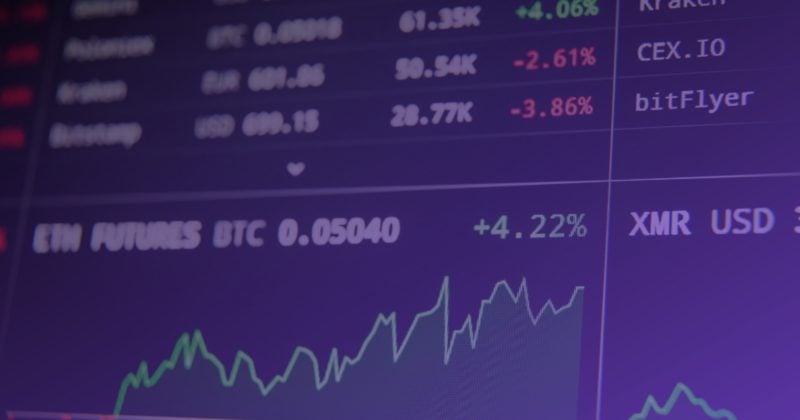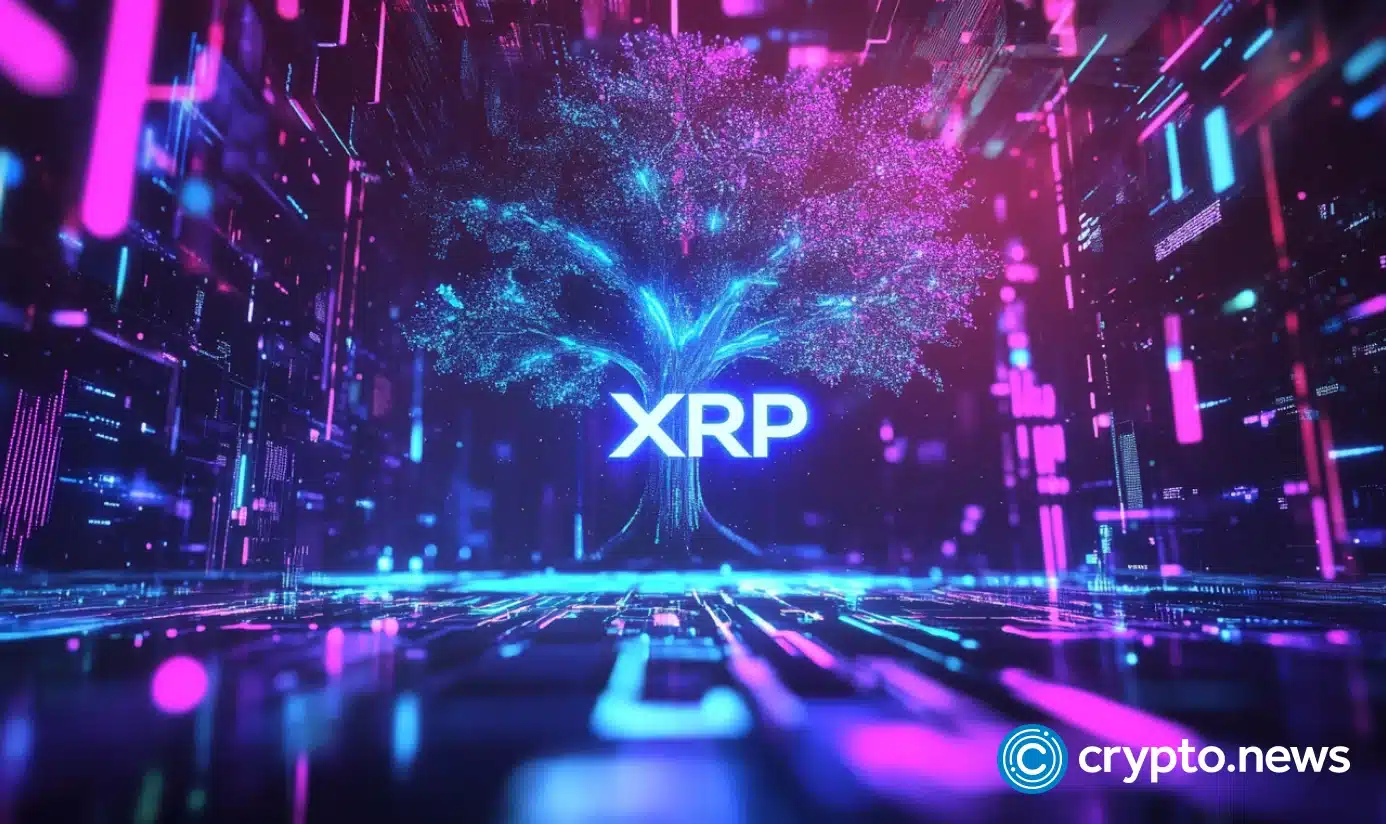
Galaxy Digital, run by Mike Novogratz, is the first publicly traded stock to tokenize its own shares.
Summary
- Galaxy Digital partnered with Superstate to tokenize its shares
- So far, most tokenized stocks have been done without the company’s direct involvement
- GLXY shares will be available on Superstate’s Opening Bell platform on Solana
Asset tokenization has reached a significant milestone with Galaxy’s latest move. On Wednesday, Sept. 3, Galaxy Digital announced a partnership with Superstate to allow holders to tokenize and hold its shares onchain. This makes Galaxy Digital the first publicly traded company to tokenize its own shares.
“We’re proud to be working with Superstate to help lay the groundwork for an onchain capital market that bridges traditional equities with next-generation infrastructure,” said Mike Novogratz, Founder and CEO of Galaxy.
Shareholders will be able to tokenize GLXY shares on Superstate’s Opening Bell platform. What is more, tokenized shares will be tradable on the Solana Solana (SOL) blockchain, making them tradeable 24/7 and enabling fast settlement.
“Moving from T+2 to real time settlement is a massive shift. As the SEC registered transfer agent, Opening Bell is built for this. We record legal ownership onchain in real time as tokens are transferred between verified wallets,” SuperSlate’s Rachel Levitan Keidan told crypto.news.
What makes Galaxy shares different
So far, most stock tokens were issued by third parties, often without the involvement of the companies they are linked with. For one, this means that holders did not have shareholder rights, including voting and dividends. On the other hand, Galaxy’s tokenized shares are directly tied to its shareholder list. This means that tokens carry real ownership rights.
“This is the first instance of a Nasdaq-listed company being tokenized on a major public blockchain. When tokens change hands, the registered shareholder list of Galaxy updates in real-time. Financial markets are undergoing a massive upgrade with Superstate,” said Robert Leshner, CEO of Superstate.
Q&A with Superstate
Following the announcement, crypto.news was able to speak with Superstate’s Rachel Levitan Keidan, senior director of strategic and external communications, to better understand this first-of-its-kind announcement.
crypto.news: Galaxy’s tokenized shares are launching on Solana’s blockchain. From Superstate’s perspective, what makes Solana the right choice for on-chain equities in terms of technical performance and ecosystem support, and how do you minimize potential downside events or concerns such as Solana’s historical outages or complaints about network centralization when building critical market infrastructure on it?
Rk: We are launching Opening Bell on blockchains that can reach the highest number of investors and perform at the top levels of volume and speed for modern capital markets. Opening Bell is starting on Solana, and launching on other major blockchains soon.
CN: With on-chain trading of GLXY, settlement becomes near-instant and isn’t restricted to market hours. How is Superstate preparing for this shift from the traditional T+2 settlement model to instantaneous, 24/7 settlement on Solana? Are there any new operational risks or contingencies (such as handling network pauses or the need to halt trading in extreme scenarios) that you need to plan for in an always-on blockchain environment?
RK: Moving from T+2 to real time settlement is a massive shift. As the SEC registered transfer agent, Opening Bell is built for this. We record legal ownership onchain in real time as tokens are transferred between verified wallets.
CN: When a GLXY share is tokenized on-chain, what is the custody model behind the scenes? Does Superstate or a trustee hold the underlying Galaxy Digital shares while issuing equivalent tokens, or are these tokens considered the direct representation of the shares on-chain? Moreover, how will traditional shareholder entitlements like dividends or voting be handled on your end?
RK: These are not wrappers or synthetic tokens. The tokens are the direct legal representation of the shares. As the transfer agent, we are the entity that updates the official shareholder list in real time onchain when tokens change hands. So the token itself confers all the rights of the stock.
CN: Now that GLXY exists as an on-chain asset, how open is Superstate to integration of this tokenized stock with broader DeFi protocols on Solana? For instance, could a lending or derivatives protocol support GLXY tokens as collateral or for trading, and what conditions or safeguards would you require to ensure these DeFi integrations don’t compromise your compliance controls?
RK: Our whole model is built on working within the existing legal framework. So any DeFi integration would have to happen once there is regulatory clarity. But unlocking that broader utility is definitely the goal.
CN: How do you respond to the critique that this model simply ports traditional finance onto a blockchain without delivering full decentralization as tokenized stocks like GLXY must trade in a permissioned environment that is restricted to accredited and KYC’d investors.
RK: We are upgrading the existing, regulated capital markets. And we are proving it can be done the right way: directly by the issuer, with real public shares. This is the most scalable and compliant path forward to bridge traditional equities with the benefits of blockchain.








